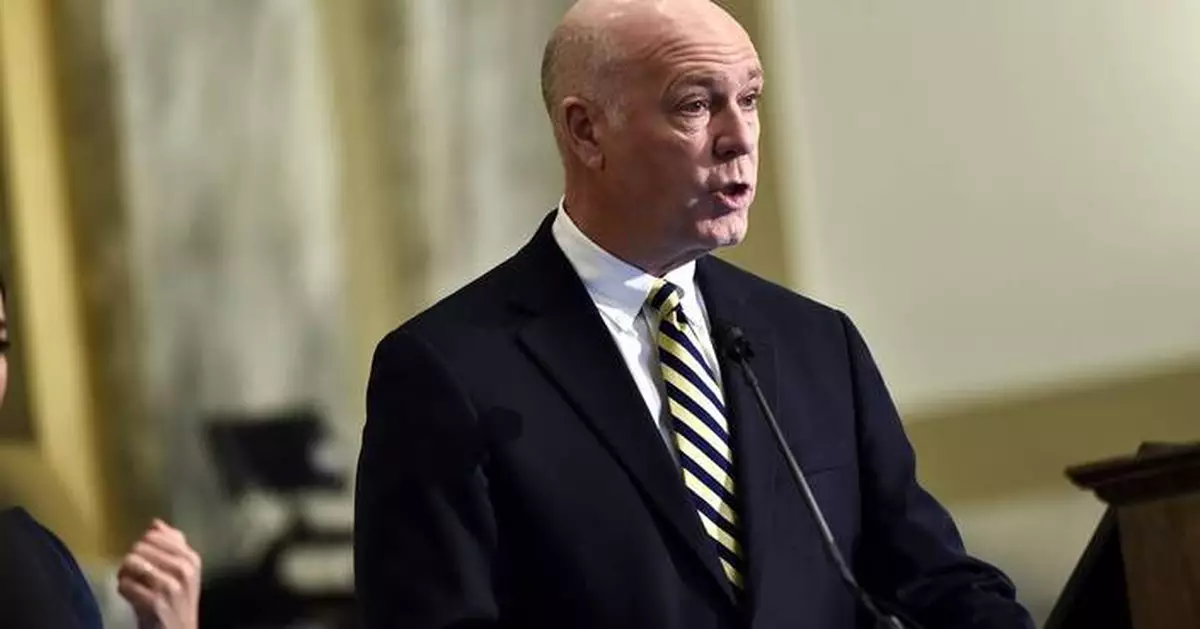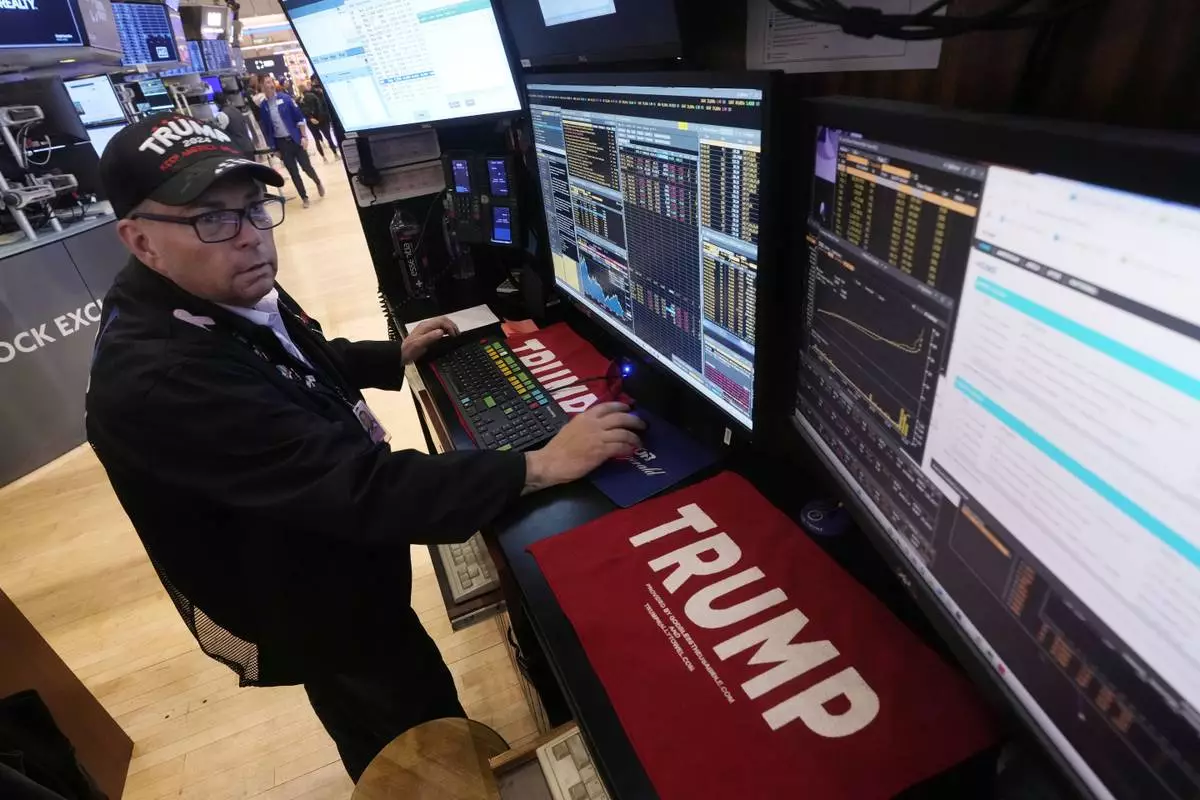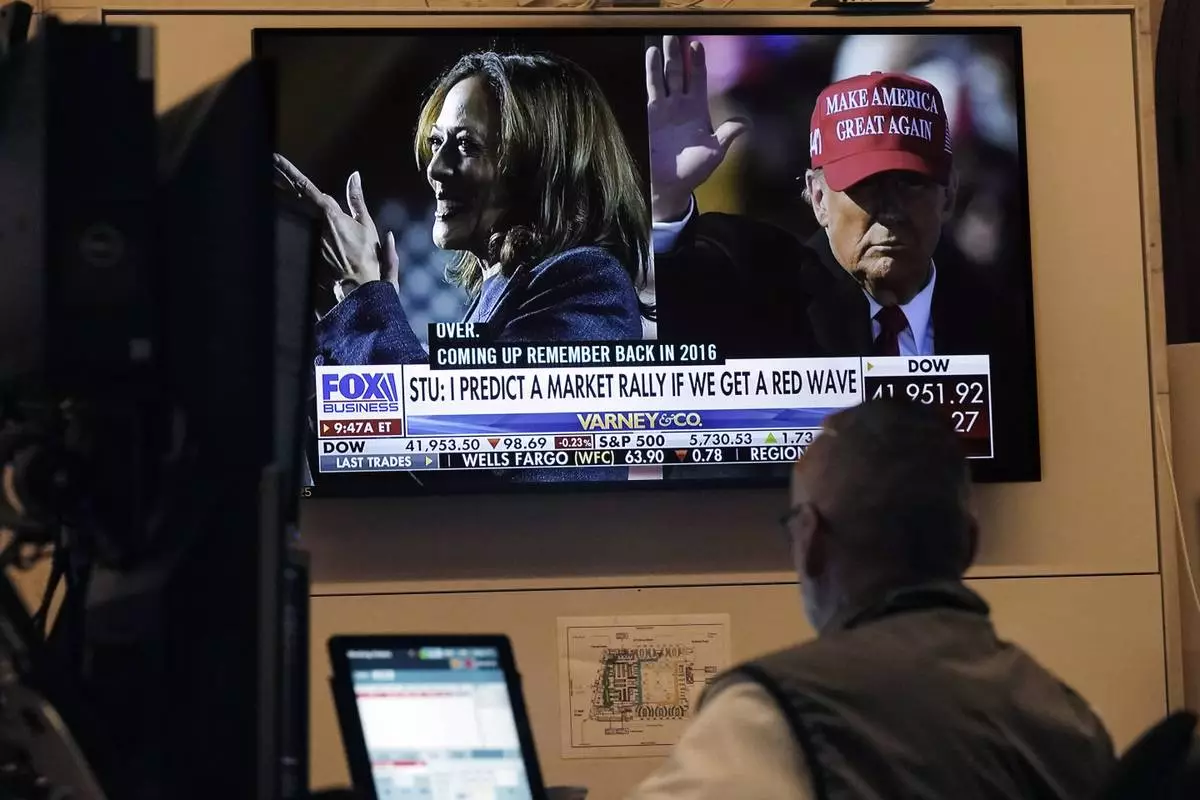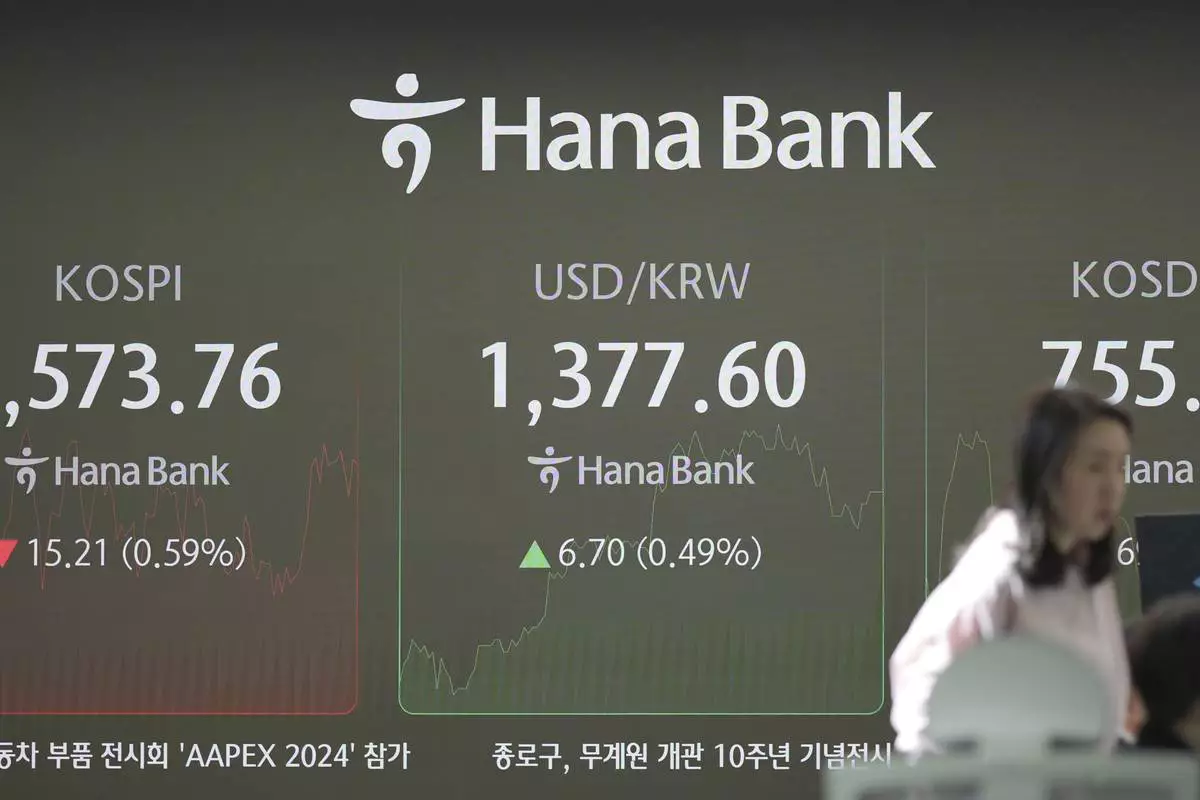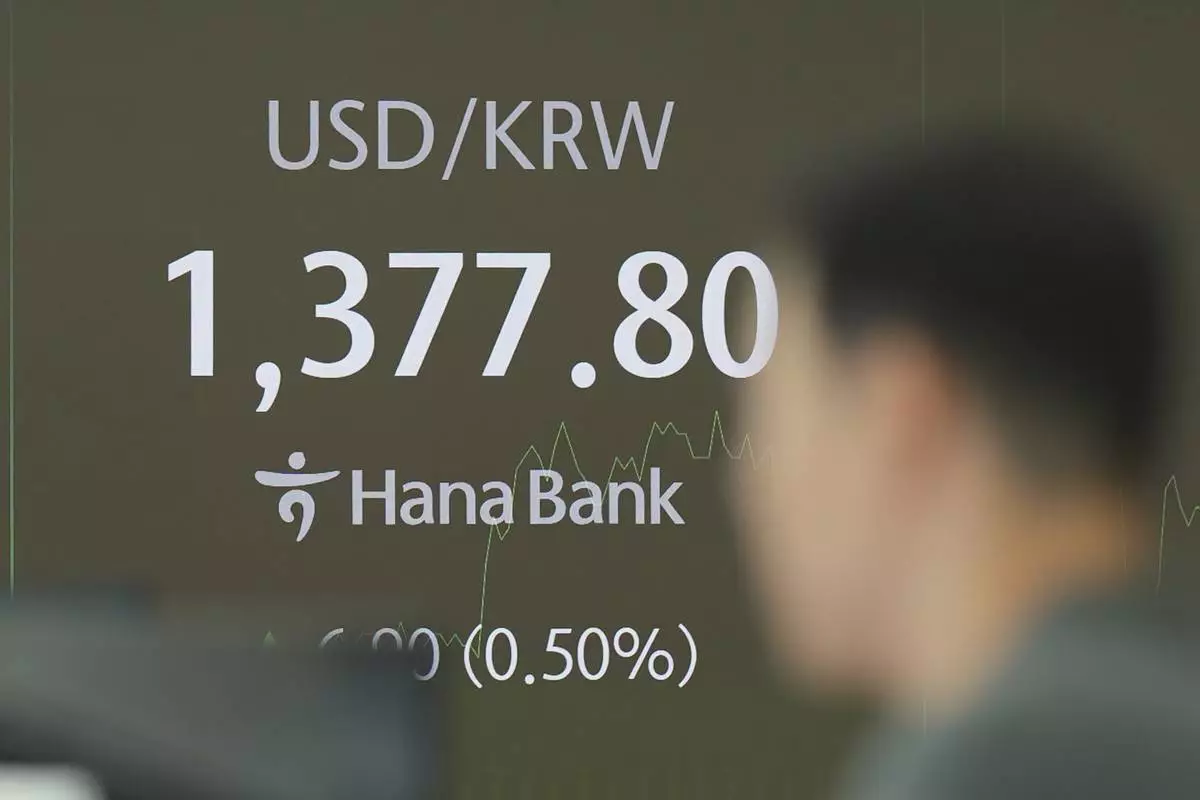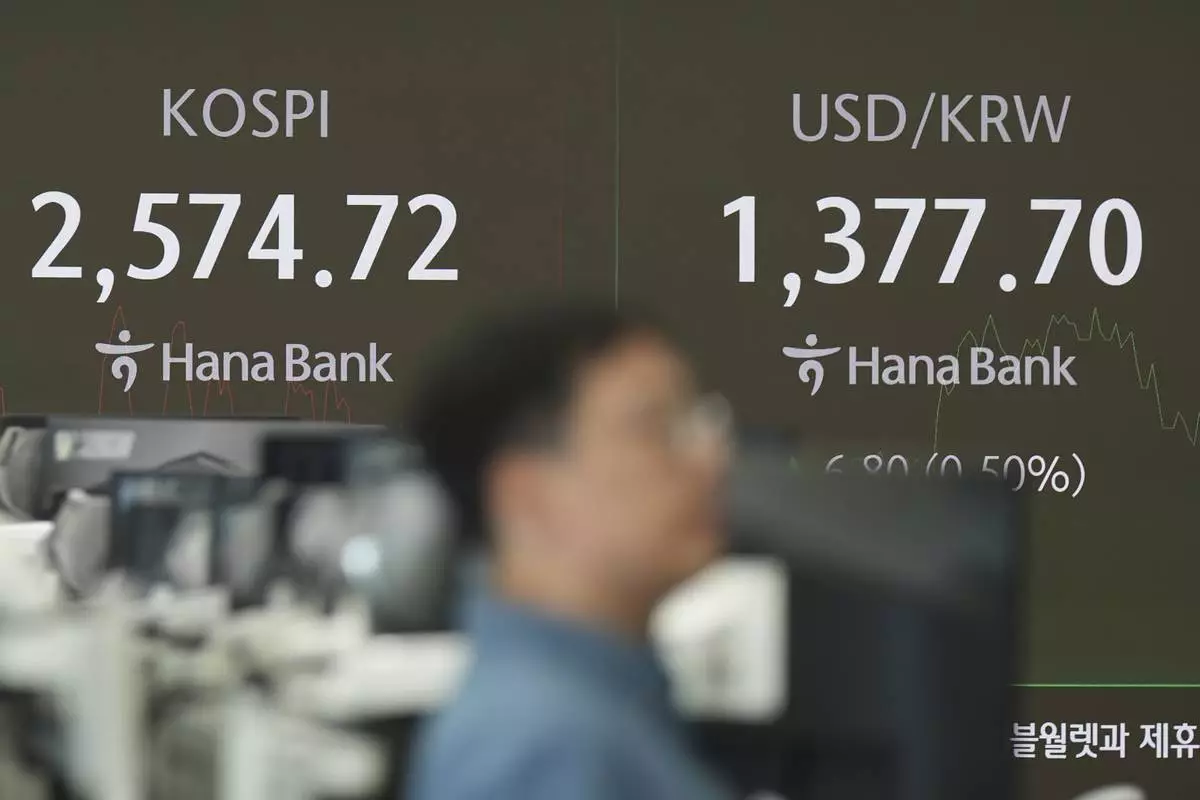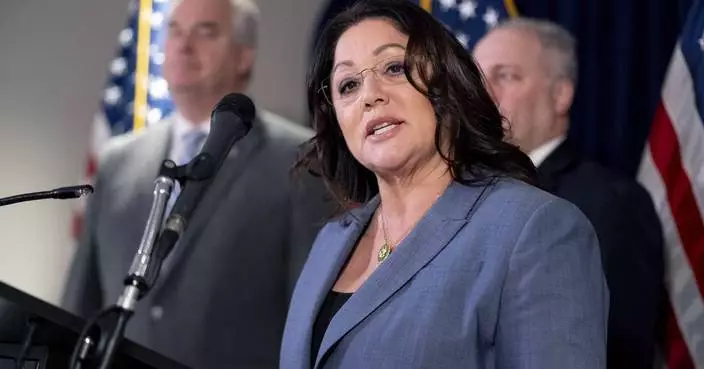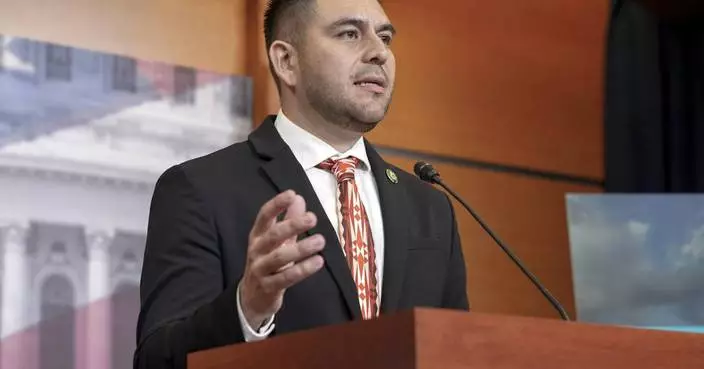HELENA, Mont. (AP) — Montana Gov. Greg Gianforte is heavily favored for reelection over a political newcomer, while U.S. Rep. Ryan Zinke faces a stiffer challenge from a veteran campaigner as the Republican incumbents seek to continue their party's political dominance in the Big Sky state.
Gianforte clashed with the Montana Supreme Court over laws on abortion access and gender-affirming medical care for transgender youth, but his first term was otherwise free of controversy as he put behind him a criminal case that put an early stain on his political career. In 2017, he body-slammed a reporter on the eve of a special election for a U.S. House seat and was charged with a misdemeanor. He went on to win a seat and then was elected governor in 2020.
Zinke, meanwhile, has bounced back from his 2018 resignation as interior secretary under former President Donald Trump amid numerous ethics investigations. He was twice elected to the House prior to joining Trump's Cabinet, then returned in 2022 after winning in a newly created congressional district.
Gianforte is a big favorite against his Democratic opponent, former firearms executive Ryan Busse. Zinke is in a more competitive rematch against Democrat Monica Tranel, an environmental attorney he narrowly defeated two years ago.
The challengers have tried to paint the incumbents as wealthy and out of touch with regular Montana residents.
Gianforte has touted his administration’s reduction of income taxes and his use of part of the $2.6 billion pandemic-related budget surplus to reduce business taxes, issue income and property tax rebates, pay off the state’s debt and fill emergency coffers.
He also noted his $300 million investment in behavioral health, efforts to eliminate government red tape and his creation of a housing task force to recommend legislation to increase the availability of affordable housing in Montana. One recommendation that could be considered by the 2025 Legislature is not taxing a certain portion of the value of an owner-occupied house.
“I wake up every day looking for ways to help Montanans prosper, and we’re succeeding,” Gianforte said during a recent debate with Busse. “There’s more to do.”
Gianforte also had a Republican supermajority in the Legislature that passed bills to limit access to abortion, allow the governor to directly appoint judges and justices when mid-term vacancies occurred, and block gender-affirming medical care for transgender minors. Only the judicial appointment law has been upheld by the courts.
Busse, who is from Kalispell, supports responsible gun ownership, abortion rights, reduced property taxes and wants the wealthy to pay their fair share in taxes.
He says Gianforte used millions of dollars of his personal wealth to buy the governorship in 2020 and has stood by as Montana has become unaffordable for average citizens, especially due to a spike in housing costs and increased property taxes that he says Gianforte failed to mitigate.
“Now you may not be hurting — you have four mansions, you fly around in a private jet,” Busse told Gianforte during the Oct. 16 debate, “but the rest of us are hurting.”
Gianforte and his wife Susan founded the customer service software company RightNow Technologies, which was sold to Oracle for about $1.5 billion in early 2012. Busse’s tax returns for 2014-2023 show he and wife earned about $260,000 annually over the past decade.
Gianforte won 54% of the vote in the 2020 race.
In the race to represent western Montana in the U.S. House, Zinke says his key issues are reducing inflation and strengthening the economy, border security and access to public lands.
Tranel, who lost to Zinke by 4 percentage points in the 2022 House race, said she wants to work for affordable housing, protecting people’s privacy and freedom — including the right to an abortion — and making communities safe, stable and secure.
If Tranel wins, she would be the second woman elected to Congress from Montana. Jeannette Rankin of Missoula was the first woman in the U.S. to be elected to a national office when she was elected to the U.S. House from Montana in 1916 for a single term. Rankin was reelected to the House in 1940.
In Zinke’s financial disclosures as a House candidate, he and his wife report having property worth between $9 million and $39 million. Tranel’s disclosure shows she and her husband have retirement and other investments worth between $4.25 million and nearly $12 million. The disclosures allow reporting within a wide range of values.
A Libertarian candidate pulled 3.8% of the vote in 2022. There is a Libertarian candidate again this year.
The Cook Political Report rated the Zinke-Tranel race as “leans Republican" in early October, which indicates less confidence than the previous rating of “likely Republican.”

FILE - Montana Democratic U.S. House candidate Monica Tranel talks with a supporter during an election watch event at the Union Club Bar & Grille in Missoula, Mont., on June 7, 2022. (Tom Bauer/The Missoulian via AP, File)
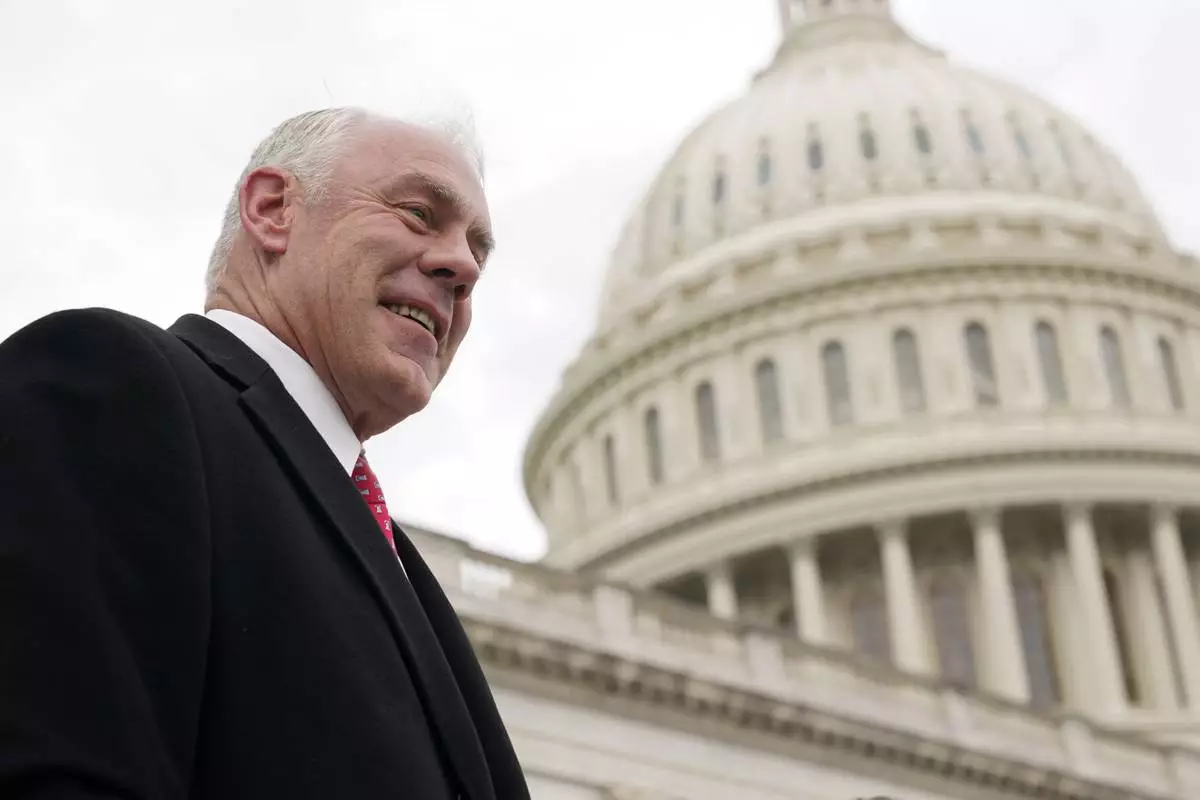
FILE - Rep.-elect Ryan Zinke, R-Mont., stands on the East Front of the Capitol after participating in a class photo of newly-elected members of Congress, Nov. 15, 2022, in Washington. (AP Photo/Patrick Semansky, File)

FILE - Ryan Busse, senior advisor at Giffords Law Center, listens during a House Committee on Oversight and Reform hearing, July 27, 2022, on Capitol Hill in Washington. (AP Photo/Mariam Zuhaib, File)
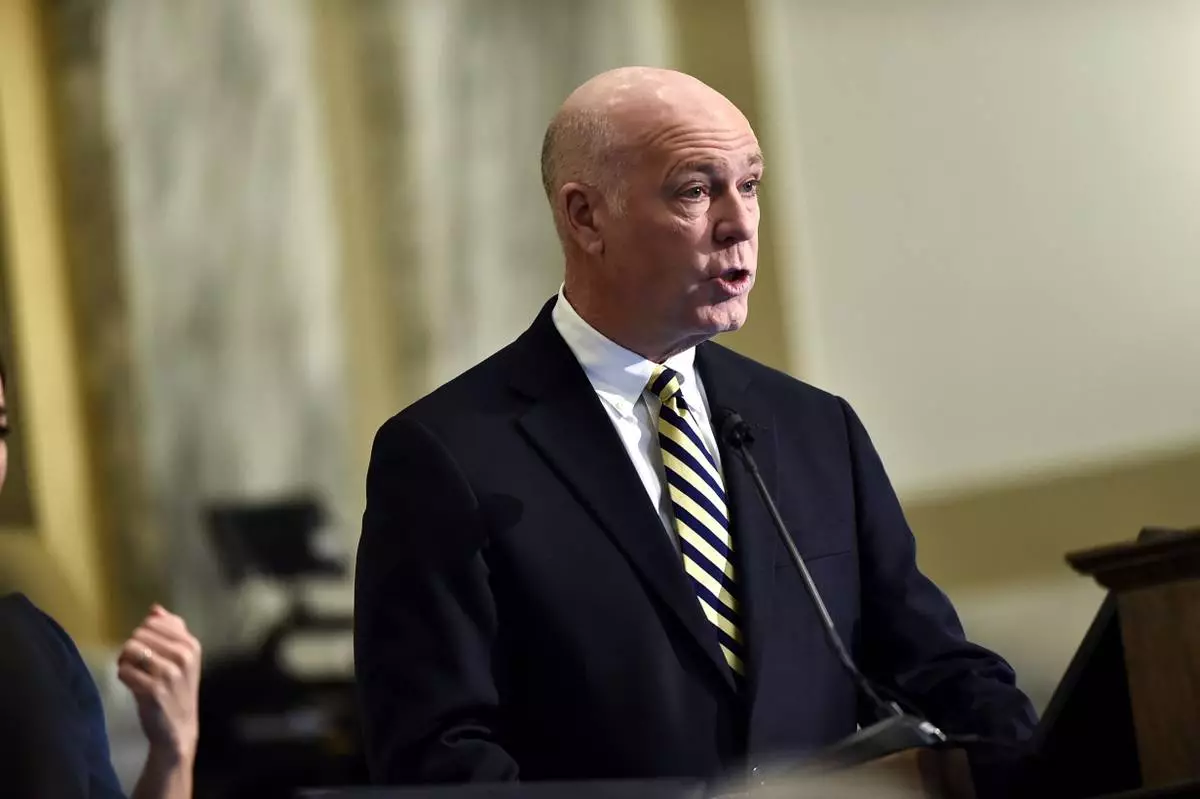
FILE - Montana Gov. Greg Gianforte delivers his State of the State address to a joint session of the Montana Senate and House of Representatives, Jan. 25, 2023, inside the state Capitol in Helena, Mont. (Thom Bridge/Independent Record via AP, File)


